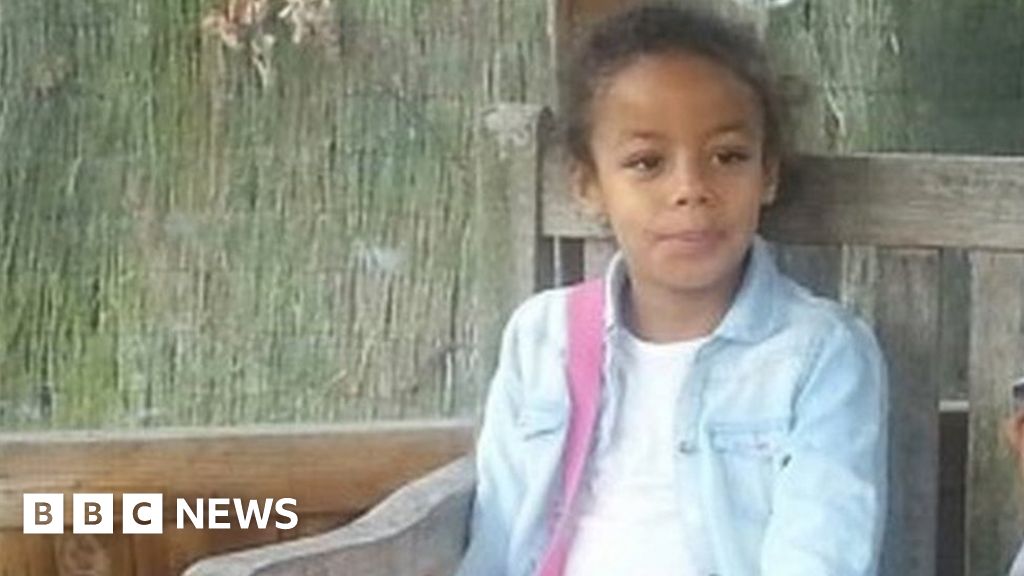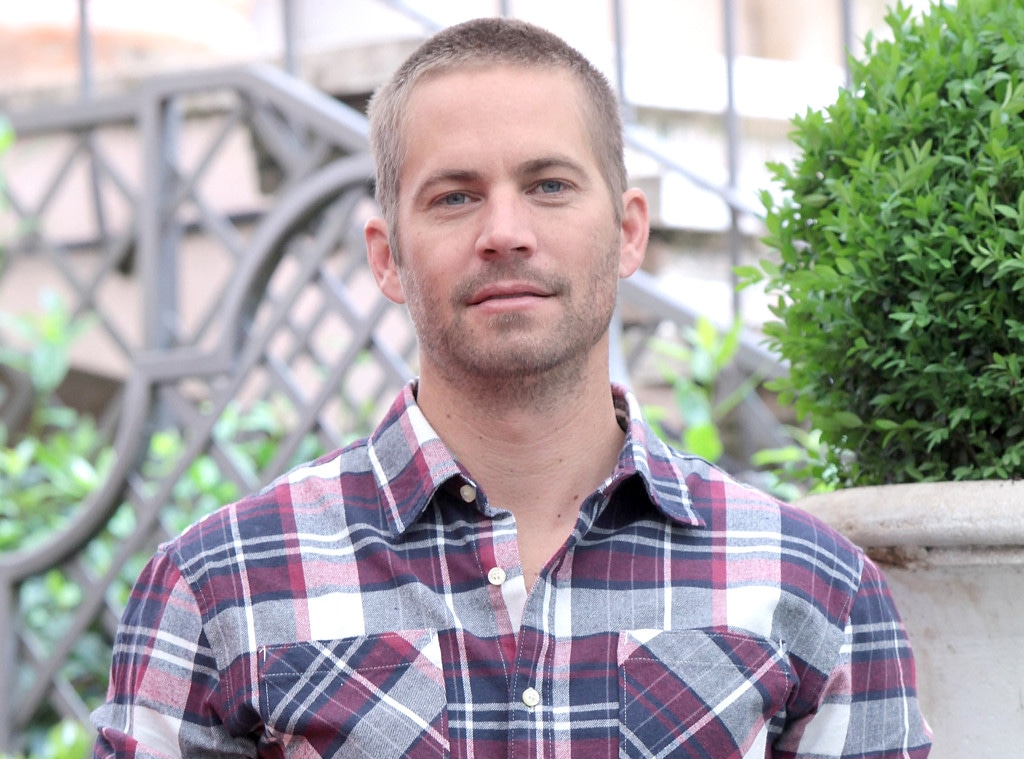Paul Walker, a beloved actor known for his role in the "Fast & Furious" franchise, captured the hearts of millions with his charm and dedication to philanthropy. However, alongside his fame and success, there have been whispers and rumors about his personal life, particularly regarding claims of abuse. These allegations raise questions about the disparity between his public persona and private struggles, prompting fans to seek a deeper understanding of the man behind the screen.
The fascination with Paul Walker's life extends beyond his acting career; it delves into his personal relationships, his advocacy work, and the way he is remembered after his untimely death in 2013. The allegations of abuse, though often overshadowed by his legacy as a philanthropist and actor, have sparked discussions about the complexities of celebrity life and the pressures that come with it. Understanding these claims is essential for a comprehensive view of Paul Walker as a person, both on and off the camera.
As we explore the various facets of Paul Walker's life, it becomes crucial to dissect the claims of abuse, their origins, and the impact they have had on his legacy. By looking closely at the facts surrounding these allegations, we can gain insight into the realities faced by those in the public eye and the importance of addressing such serious matters with sensitivity and care.
Read also:Carlee Russell Charged Understanding The Case And Its Implications
What is Paul Walker's Biography?
Paul Walker was born on September 12, 1973, in Glendale, California. He was raised in a family that encouraged creativity and exploration, leading him to pursue a career in acting from a young age. Walker gained fame through his roles in various films, most notably in the "Fast & Furious" series, where he played the character Brian O'Conner. Despite his success in Hollywood, Walker was known for his philanthropic efforts, particularly in supporting disaster relief through his organization Reach Out Worldwide.
| Fact | Details |
|---|---|
| Full Name | Paul William Walker IV |
| Birth Date | September 12, 1973 |
| Birth Place | Glendale, California, USA |
| Occupation | Actor, Philanthropist |
| Famous For | Fast & Furious franchise |
| Death Date | November 30, 2013 |
What Allegations of Abuse Surround Paul Walker?
The allegations of abuse against Paul Walker primarily stem from his relationships, with some individuals claiming that he was involved in abusive behaviors during his time in the spotlight. These claims surfaced after his passing, leading to a mix of speculation and accusations that have been difficult to substantiate. It is essential to approach these allegations with a critical eye, as they can be fueled by the emotional responses of those grieving his loss.
How Have These Allegations Impacted His Legacy?
The impact of the abuse allegations on Paul Walker's legacy has been significant. While many fans continue to celebrate his contributions to film and charity, others are left questioning the authenticity of his public persona. The duality of his character—philanthropist and alleged abuser—creates a complex narrative that challenges the way we remember him. It's a reminder that celebrities are multifaceted individuals, often grappling with personal demons that may not align with their public image.
Are the Allegations Supported by Evidence?
One of the key questions that arise from the allegations of abuse is whether there is any solid evidence to support these claims. Many of the accusations are anecdotal, lacking concrete proof or witness testimonies. In the realm of celebrity culture, it is not uncommon for rumors and allegations to circulate, sometimes based on misunderstandings or exaggerations. As such, it is vital to differentiate between verified facts and speculative narratives.
What Do Fans Say About Paul Walker and the Abuse Allegations?
The reactions from fans regarding the allegations of abuse against Paul Walker have been varied. Some fans choose to dismiss the claims entirely, believing them to be unfounded and motivated by malice. Others engage in discussions about the complexities of celebrity life, acknowledging the struggles that public figures face while also holding them accountable for their actions. This dichotomy reflects the broader societal struggle to reconcile the imperfections of individuals we admire.
How Can We Support Victims of Abuse in Light of These Allegations?
In the context of the allegations surrounding Paul Walker, it's crucial to remember that abuse is a serious issue that affects many individuals. Supporting victims of abuse requires empathy and understanding, as well as a willingness to listen to their stories without judgment. It is essential to create safe spaces for survivors to share their experiences and seek help. Educating ourselves about the signs of abuse and advocating for awareness can contribute to a culture that prioritizes healing and support.
Read also:Tasha Cobbs A Powerful Voice In Gospel Music And Her Inspiring Journey
What Lessons Can We Learn from Paul Walker's Story?
Paul Walker's story serves as a poignant reminder of the complexities of human nature and the pressures of fame. It highlights the importance of approaching sensitive topics with care and compassion, while also recognizing the need for accountability. As we navigate the world of celebrity culture, we must remember that everyone has a story, and understanding those stories can lead to greater empathy and awareness.
In conclusion, the allegations of abuse against Paul Walker present a multifaceted view of a man who was both a beloved actor and a figure shrouded in controversy. By examining the facts and the implications of these claims, we can gain a deeper understanding of the challenges faced by public figures and the importance of addressing issues of abuse in a thoughtful manner. As we remember Paul Walker, let us honor his legacy while also acknowledging the complexities that come with it.


